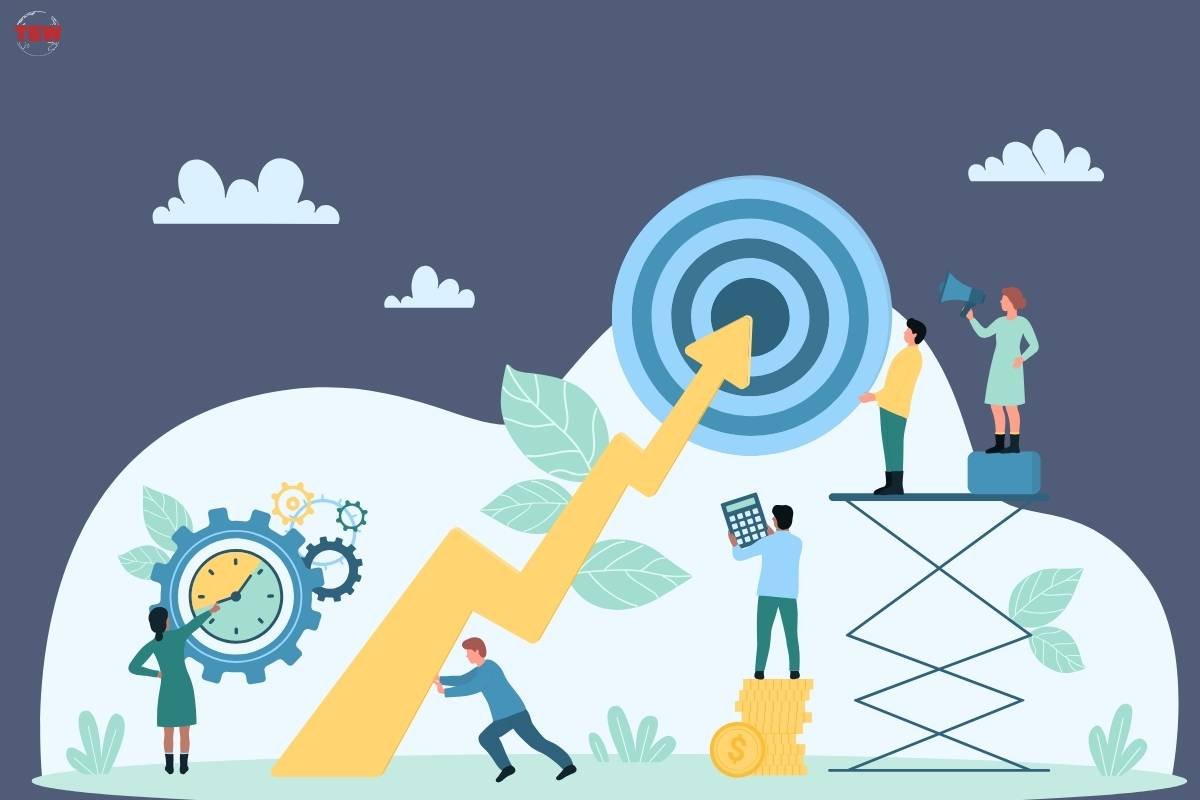The rapid advancement of technology and the rise of data have presented several possibilities for enhancing public health services, research, and governance. The utilization of health records, mobile health apps, and sensor-based technologies has proven invaluable in terms of surveillance, promoting health, and preventing diseases. Nevertheless, the collection, analysis, and dissemination of health information give rise to concerns that demand attention from public health professionals and policymakers, as well as the general public.
Privacy and Confidentiality

One major apprehension related to incorporating technology and big data into public health is safeguarding the privacy of patients and maintaining confidentiality. Patients’ personal health information, encompassing genetic data, medical histories, and lifestyle behaviors, must be handled with utmost care to prevent any misuse or discrimination. Besides obtaining a Master of Public Health degree, practitioners must adhere to established regulations and guidelines when it comes to gathering, storing, and sharing patient healthcare data while also respecting patients’ autonomy and confidentiality. It is essential to evaluate the distinctions between identifiable versus unidentifiable data along with comprehensively communicating the potential risks and benefits associated with linking or sharing such data with patients as well as the wider public.
Informed Consent
Another ethical concern regarding public health ethics in the era of technology and big data is informed consent. It is crucial for patients to receive information about why data is being collected, how it will be used, and the potential risks and benefits associated with it before they provide their consent. The procedures for obtaining consent should be transparent, easy to understand, and voluntary. Patients should also have the right to withdraw their consent whenever they choose. It’s also important to pay attention to children, older adults, or individuals with cognitive or mental disabilities, as they may face challenges in comprehending or expressing their consent.
Data Accuracy

The utilization of technology and big data in healthcare poses concerns about the accuracy and reliability of the collected information. Electronic health records and other systems for gathering data may contain errors, inconsistencies, or biases that can impact how we interpret and validate the data. Public health professionals and researchers must ensure that the data they use is dependable, valid, and representative of the population under study. Additionally, they must employ rigorous methods for collecting and analyzing data. It’s also crucial to consider the consequences of having incomplete information, such as misdiagnosis, inappropriate treatment plans, or misguided decisions on public health policies.
Equity and Fairness
When it comes to utilizing technology and big data in healthcare, it’s crucial to consider equity and justice. The collection and utilization of data may have detrimental effects on certain groups like minorities, low-income individuals, or those living in rural areas who may have limited access to technology or healthcare services. It is the duty of public health professionals and policymakers to ensure that the benefits and burdens of data collection are distributed fairly without perpetuating or exacerbating existing inequalities. Moreover, they need to be mindful of consequences such as stigmatization, discrimination, or exclusion that may arise from data use.
Social Responsibility

Public health practitioners and policymakers carry a responsibility to ensure that the use of technology and big data in health serves the greater good of society. They should prioritize the health needs and interests of the public above corporate interests while avoiding conflicts of interest or biases. Building trust and fostering accountability requires transparency, responsiveness, and openness to feedback and critique. They also need to find a balance between the advantages and drawbacks of technology and large-scale data analysis and carefully assess the social and economic consequences associated with their utilization.
Conclusion
In this era of technology and extensive data analysis, public health ethics has become an ever-evolving domain. It demands consideration of several factors, such as privacy protection, consent, fairness, justice, quality assurance, and social responsibility. While the application of technology and big data holds the potential to transform health practices, research endeavors, and policy-making processes, it also presents notable ethical challenges that necessitate transparent decision-making processes involving diverse stakeholders. Public health professionals and policy-makers must engage in discussions rooted in ethics alongside taking action to ensure that the use of technology and big data aligns with public health objectives while upholding the rights and dignity of individuals as well as communities.




